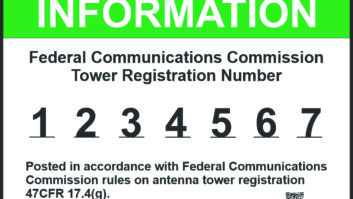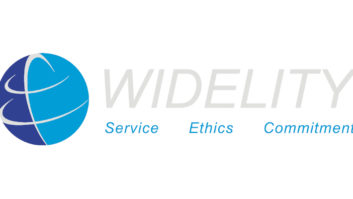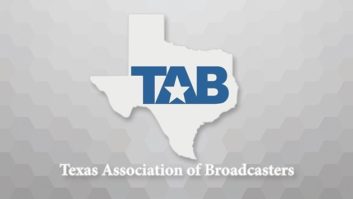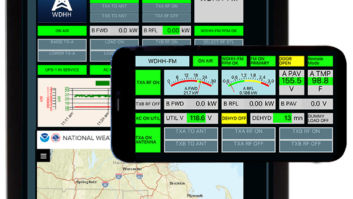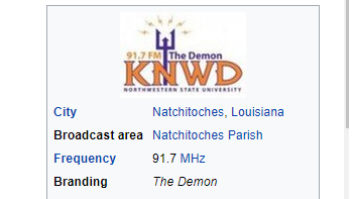Public file maintenance
Jun 1, 2006 12:00 PM, By Harry Martin
Although the last of this cycle’s radio license renewal applications was filed on April 1, it is never too early to think about your next renewal. What you do now will determine if you receive any fines eight years from now, or have your renewal application put on deferred status while the FCC contemplates what fine to impose. At least, that is the message the FCC delivered in one recent license renewal case involving the FCC’s public file requirements.
Licensees must certify that all documents required to be placed in the public inspection file have been placed in the file at the appropriate times. It is not enough that all required items happen to be in the public file by the time the license renewal is filed, the required documents must have been placed in the public file at the specific times required in the rules.
For example, the FCC requires that issues/programs lists be placed in the public inspection file within 10 days after the start of each calendar quarter (i.e., on Jan. 10, April 10, July 10, and Oct. 10 of each year). A station that misses any of these deadlines but places eight years of issues/programs lists in its public file the day before filing its license renewal, or puts such lists in its file one or twice a year over the eight-year license term, may have all required documents in its public file, but to that the FCC would say �so what� � because the important point would be that the licensee failed to place them there at the appropriate times.
Given the significant number of items that must be included in a station’s public file over the course of an eight-year license renewal period, many licensees have complained that the FCC cannot possibly expect stations to certify to 100 percent compliance with the public file rules for all times during the renewal period. Unfortunately for such stations, that is exactly what the FCC expects.
The FCC recently emphasized this point in a letter ruling issued to a large group station owner. In the license renewal applications for its Ohio stations, the owner responded �yes� to whether each station had placed all required materials in the public file at the appropriate times. In fact, however, three of the four stations had failed to file issues/programs lists for various periods between 1999 and 2001. These oversights were discovered in 2002 and the missing issues/programs lists were placed in the public files at that time.
When the license renewals were filed in 2004, the licensee answered the question regarding its public file in the affirmative, but then included an exhibit with the following caveat: �[Licensee] has answered Section III, Question 3 of this renewal application in the affirmative upon the belief that the station’s public file currently contains all documents for which [Licensee] is responsible as the licensee.�
Although the FCC concluded that the licensee did not intentionally attempt to deceive the FCC, it admonished the owner for answering yes when he knew that some of the station’s issues/programs lists had not been filed on time. �A �no� response is required to this question,� the FCC warned, �when the licensee knows or has a reasonable belief that required materials had not been placed in the public file at the appropriate times(s).� The FCC fined the licensee $12,000 for the late-filed issues/programs lists.
Stations will be held accountable not only for what items are not placed in the public file, but also for when items are placed in the public file. To avoid problems (and fines) at renewal time, every station should have a clear understanding of what must be placed in the public file, when it must be placed there.
Many, if not most, public file problems result from the departure of a staff member responsible for the public file without a clear set of directives to that staff member’s replacement. Such lapses in 2006 or 2007 will likely cost thousands of dollars in 2014 or 2015.
Dateline:
July 10 is the date that quarterly issues/programs for the period April 1-June 30 must be placed in every station’s public file. (This requirement doesn’t apply to low power FM stations.)
Aug. 1 is the deadline for stations in Illinois and Wisconsin to file their biennial ownership reports. Aug. 1 is the date on which stations in North Carolina, South Carolina, Illinois, Wisconsin and California must place their annual EEO reports in their public files and post them on their websites.
Martin is immediate-past president of the Federal Communications Bar Association and a member of Fletcher, Heald & Hildreth, Arlington, VA. E-mail[email protected].






